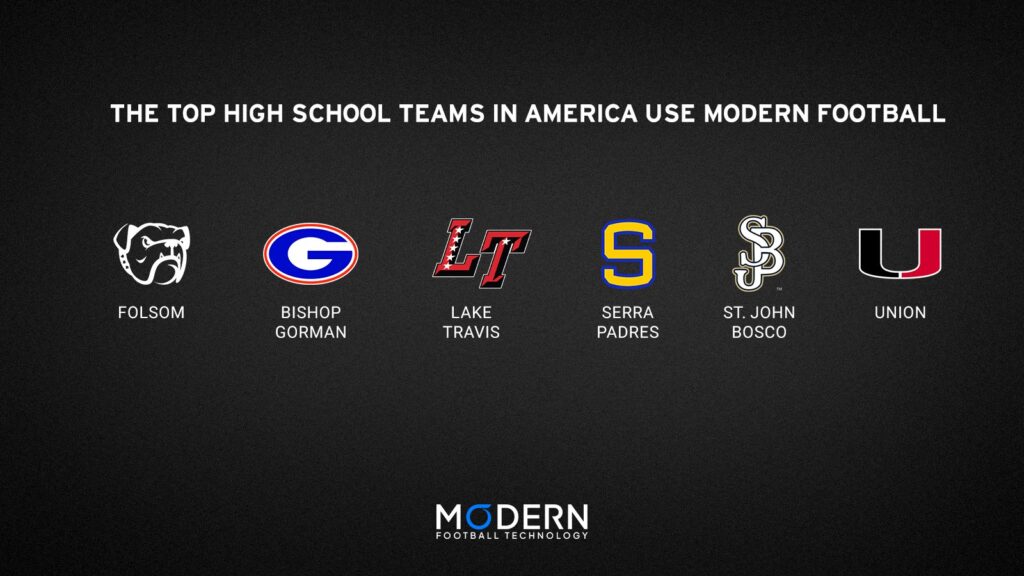
In the past, success in football was primarily about physical conditioning, memorizing plays, and putting those together on game day. Now it’s about how well coaches can prepare their teams on three essential fronts. Technical execution, tactical mastery, and psychological resilience are three key areas that Justin Hemm, head coach at Skyridge High School in Utah, understands this deeply. His comprehensive preparation strategy has led his team to become one of the top-ranked programs in the state.
“Preparation is everything,” says Hemm. “We take pride in our process from Monday through Thursday to ensure our boys are ready for any situation they might encounter on Friday night.” His method is not just about practicing plays but honing in on critical situations, leveraging technology, and building a mental edge that prepares his team to thrive under pressure.
Technical Preparation: Building Fundamentals
At the core of every successful football team is strong technical preparation. For Hemm, it starts with fundamentals. “Mondays are all about first down fundamentals,” Hemm explains. “We run a takeaway turnover circuit, focusing on ball security and being able to take away the ball. These are non-negotiable skills that set the tone for the rest of the week.”
Hemm’s practice structure is meticulously designed to emphasize key technical aspects that his players will face in games. Tuesday focuses on third-and-medium and third-and-short scenarios, while Wednesday dives deeper into red-zone and third-and-long situations. These segments target efforts to sharpen the technical skills needed to excel in critical moments.
“We want our boys to be technically sound in every situation,” Hemm emphasizes. “We expose them to these key situations repeatedly, so when Friday comes, they’ve seen it, they’ve practiced it, and they’re ready to execute.”
Tactical Preparation: Mastering Situational Football
Preparation on the tactical side is just as imprtant as mastering the fundamentals. Coach Hemm has structured his weekly practices to mirror the types of tactical challenges the team will face on game day.
“Tactical preparation means getting our guys familiar with specific situations,” says Hemm. “On Tuesdays, we have a one-on-one competition during our third-down period—ones versus ones, twos versus twos. The focus is on execution under pressure, which then carries into everything we do that day, from inside run to team scout.”
This laser focus on situational football continues into Wednesday, with practices centered around red-zone plays and third-and-long situations. Hemm is adamant about ensuring his players are comfortable executing during the “money downs”—third and fourth downs and red zone situations where games are often won or lost.
What makes this tactical preparation especially effective is the use of technology. Hemm’s team leverages tools like Hudl to scout opponents, analyze their own tendencies, and adjust accordingly. In addition to game plan preparation, they utilize the technology on game day. “We use Hudl for tendencies and scouting reports, and our analytics guys do a great job of breaking everything down for us. It’s about giving our boys the right amount of information—just enough to fine-tune their focus without overwhelming them,” Hemm explains.
Even in-game, Hemm’s staff makes use of halftime analytics to make real-time tactical adjustments. “At halftime, we get a rundown from our analytics guys—what we’re seeing in red zone, third down, first down situations. It’s crucial that our reports match what we’ve prepared for, so we can make quick, informed decisions for the second half.”

Psychological Preparation: The Edge You Can’t See
Perhaps the most impressive aspect of Hemm’s preparation strategy is the emphasis on psychological readiness. For Hemm, mental toughness is just as important as any physical or tactical skill. “It’s the idea of the next-play mentality,” he says. “No matter what happened on the previous play, good or bad, we reset and focus on executing the next play.”
This mindset is cultivated every week through mental and emotional strategies, a process that has evolved during Hemm’s coaching career. “We start Mondays with a team meeting to review the previous week and introduce the next opponent,” Hemm shares. “But we also dedicate part of that time to mental and emotional preparation. We work with sports psychologists who provide strategies the boys can use in high-pressure situations.”
What’s more, Hemm has developed a bank of mental resources in collaboration with these psychologists, creating a custom Canvas course that all Skyridge athletes can use. “Whether it’s high-pressure games or distractions like homecoming, we pull from that bank of resources to prepare our boys mentally,” Hemm says. “If there’s something more specific we need, our sports psychologist works with us to tailor the material.”
The results speak for themselves. Skyridge is not only technically sound and tactically sharp but also mentally tough. “The mental and emotional side of the game has become a huge part of our program,” says Hemm. “It’s something we take a lot of pride in, and it shows in how our boys handle adversity and high-pressure moments.”
A Blueprint for Success
Coach Justin Hemm’s approach to technical, tactical, and psychological preparation provides a blueprint for any coach aiming for excellence. By creating a structured practice environment that drills key technical skills, preparing for game-day scenarios through detailed tactical planning, and developing the mental fortitude to handle pressure, Hemm has built a program that competes at the highest level.
“It’s about loving the challenge,” Hemm concludes. “Our preparation gives our boys the confidence to go out there on Friday night and know that they’re ready for anything.”
For coaches looking to maximize their team’s performance, the lesson is clear: comprehensive preparation isn’t just about plays and schemes. It’s about building a well-rounded program that prepares players in every aspect—technical, tactical, and psychological—to face the game head-on.


